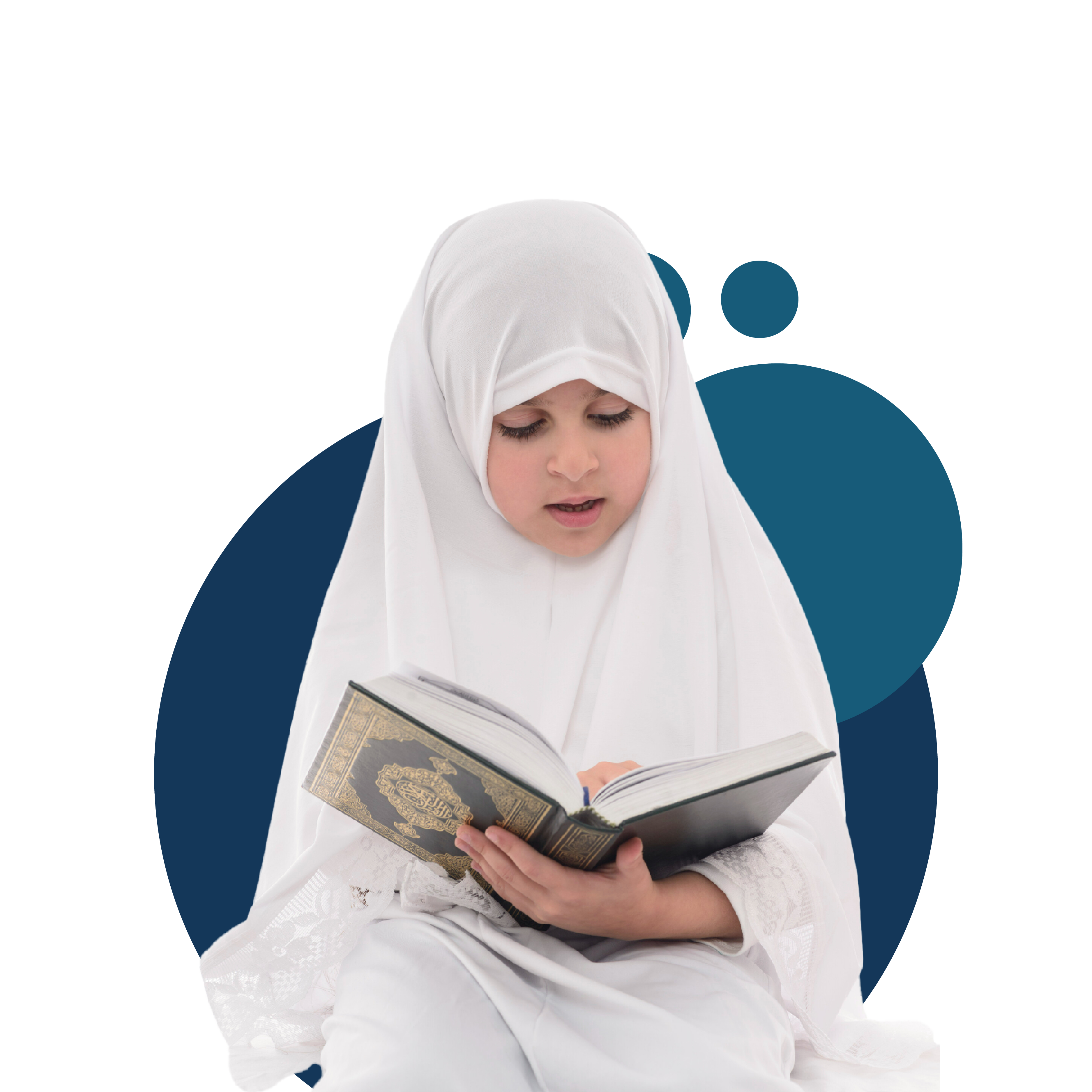Features of Teaching Sharia Sciences
Al-Fateh Institute
is distinguished by providing high-quality education of Sharia
sciences. The institute employs distinguished teachers who are
graduates of Al-Azhar University, a university known for providing
high-quality religious and linguistic education. In addition,
education at the institute is currently conducted remotely (online),
allowing students to learn from anywhere and at any time.
Teaching Sharia Sciences at Al-Fateh Institute
Sharia sciencesare the sciences related to Islamic
law and include jurisprudence, Hadith, interpretation, doctrine, and
other Islamic sciences. These sciences are fundamental in
understanding Islam and applying it in daily life.
Strategy of Teaching Sharia Sciences
The strategy of teaching Sharia sciences The
strategy of teaching Sharia sciences at Al-Fateh Institute revolves
around using the latest educational and pedagogical technologies.
The instructional material is presented in interactive ways that
encourage students to actively participate and enhance their
understanding of the study materials.
Objectives of Teaching Sharia Sciences
The main goal of teaching The main goal of
teaching Sharia sciences at Al-Fateh Institute is to provide
students with the necessary Sharia knowledge to understand Islam and
apply it in their daily lives. In addition, the institute aims to
develop students' research skills and critical thinking.
A Brief About Al-Fateh Institute's Teachers
Al-Fateh Institute,takes pride in an educational
team characterized by competence and linguistic diversity. The
teachers at the institute are highly experienced and have
distinguished high qualifications in teaching Arabic, the Holy
Quran, and Islamic sciences. In addition to their mastery of Arabic,
many of them speak other languages such as English, German, and
French, enabling them to communicate effectively with students from
different linguistic and cultural backgrounds. This diversity
enhances the institute's ability to provide comprehensive and
accessible education to students from different parts of the world.
Digital educational platforms
are used to create virtual classrooms and zoom meetings,that allow interaction between students and teachers. Discussion
groups and interactive classrooms facilitate the exchange of ideas
and group discussions. The institute benefits from a wide range of
educational materials including e-books, presentations, videos, and
recorded lectures. The institute encourages interactive activities
such as research projects, presentations, and scientific trials.
These activities contribute to enhancing the practical and
analytical skills of the students.



